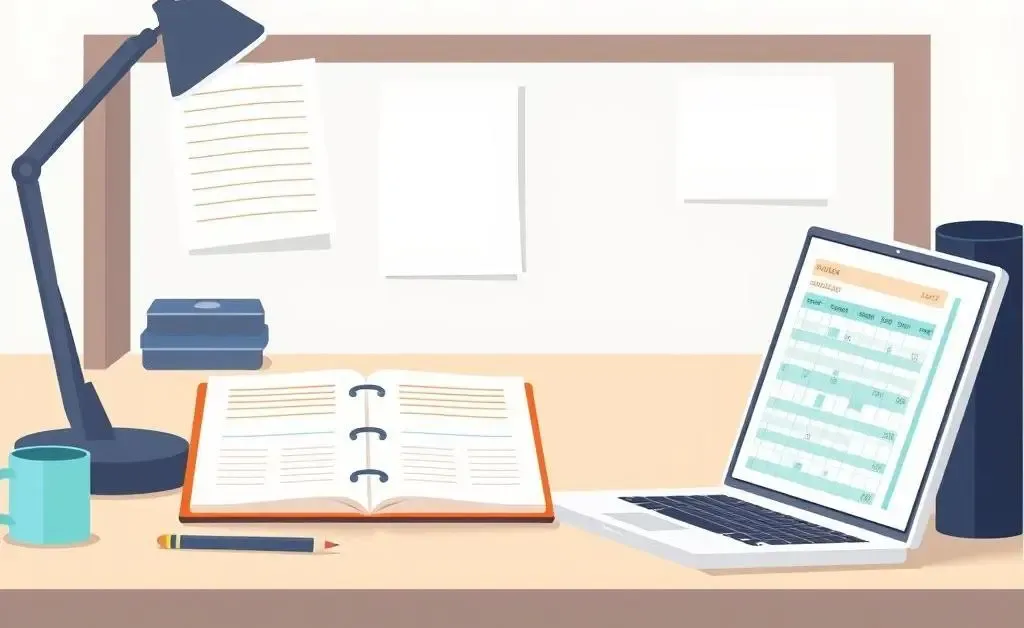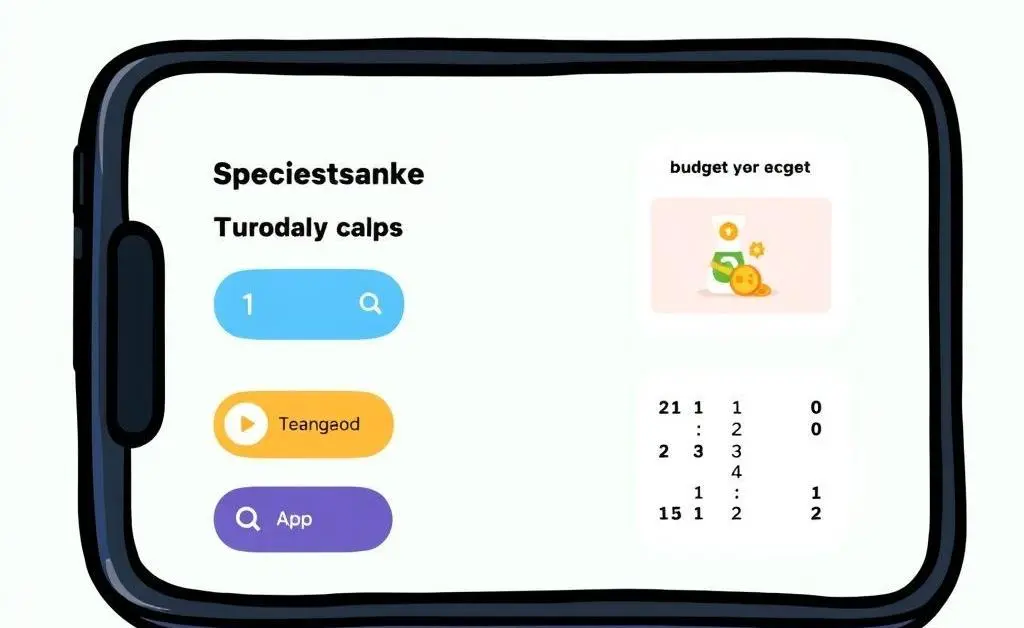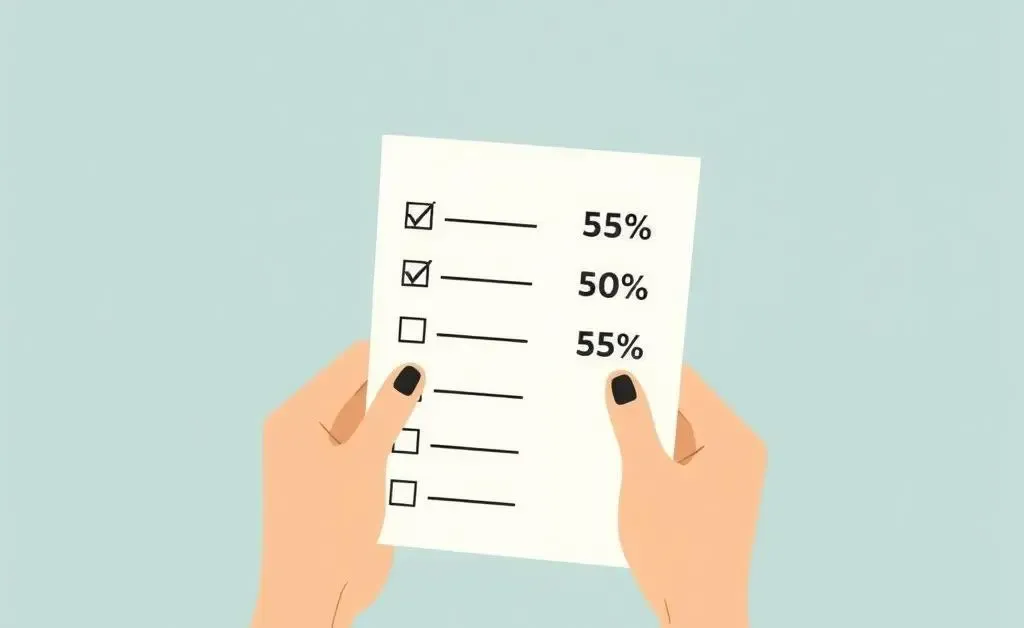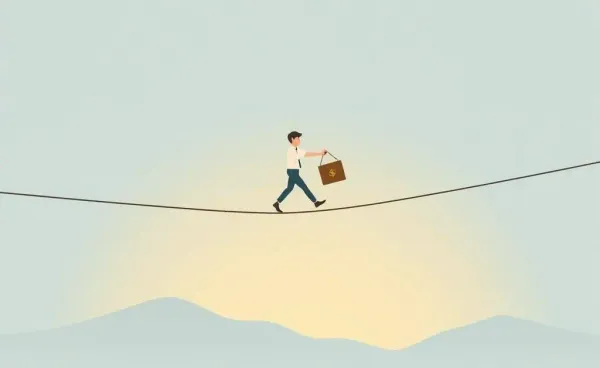Mastering the Art of Budgeting: Transform Your Finances Step by Step
Discover practical budgeting tips to regain financial control today.

Budgeting Basics: Where to Start
Have you ever found yourself wondering where all your money went at the end of the month? You’re not alone. Budgeting can seem daunting, but once you get into it, it’s like unlocking a whole new level of financial clarity and control.
Imagine Laura, who was tired of constantly checking her bank account to avoid overdrafts. Determined to make a change, she decided to start small, by tracking her expenses with a notepad. This tiny shift gave her an enormous sense of control over her finances. She realized she was spending way more on takeout than she thought!
Set Clear and Achievable Goals
Before diving into numbers, think about the 'why'. Why do you want to budget? Maybe it’s saving for a cozy cottage getaway or simply building an emergency fund. Here’s how you can start setting and reaching financial goals:
- Define short-term and long-term goals.
- Assign a realistic dollar amount to each goal.
- Break these goals into monthly targets.
Track Your Spending
Painful as it may sound, tracking expenses is the cornerstone of effective budgeting. Here’s a simple approach: categorize your expenses using a budgeting app. Many free options out there make it a breeze. One popular choice is Mint, which automatically categorizes your spending once you link your bank accounts. Isn’t technology grand?

Create a Realistic Budget
When creating a budget, it’s crucial to be realistic about your spending habits. The golden 50/30/20 rule is a timeless guide:
- 50% on needs: food, rent, utilities.
- 30% on wants: occasional dining, fun subscriptions.
- 20% on savings and debt repayment.

The Importance of Flexibility
No budget is etched in stone. Life happens, and your financial plan should evolve with it. Adjust and tweak as necessary, and remember that falling off track occasionally is perfectly okay.
In the end, budgeting is a personal journey, one that brings both challenges and rewards. What surprising thing have you discovered about your finances while budgeting?




